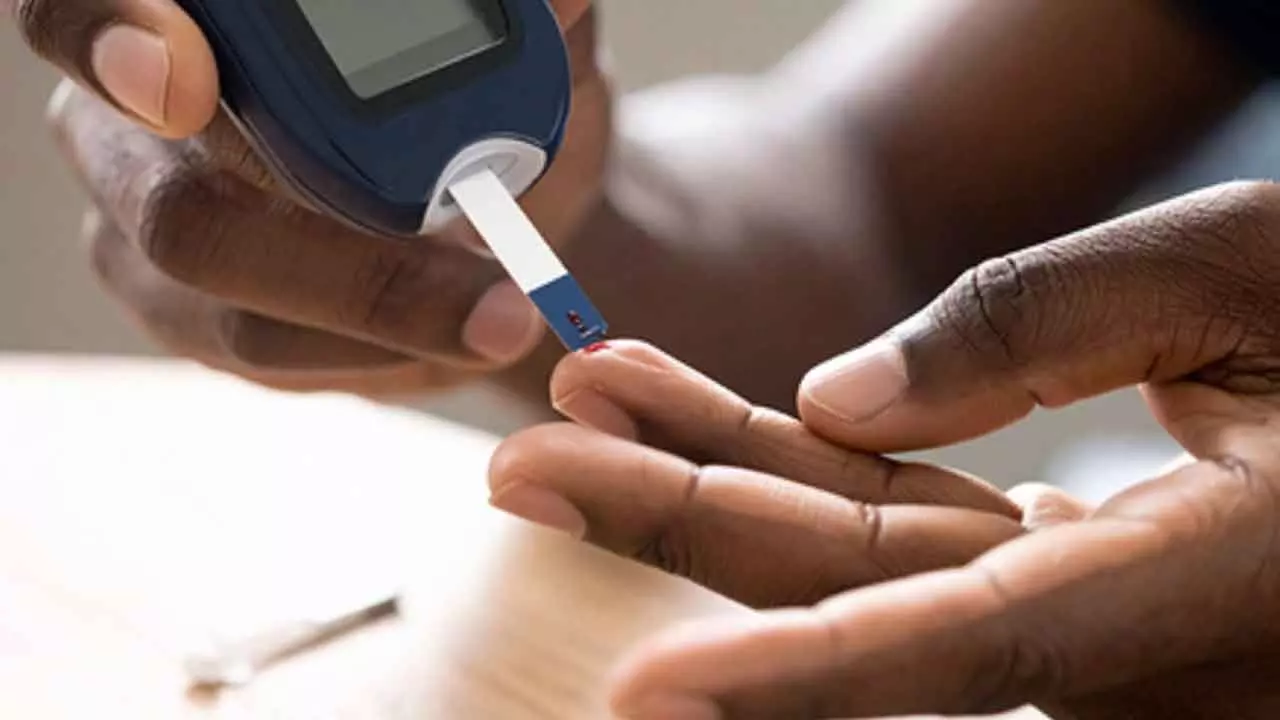Young adults mostly unaware of being diabetic, says Lancet
Results showed that in 2023, an estimated 44 per cent of people aged 15 and older with diabetes are unaware of their condition
Young adults mostly unaware of being diabetic, says Lancet

New Delhi: A majority of young adults with diabetes are unaware that they have the disease, posing a significant health risk, according to a study published in The Lancet Diabetes & Endocrinology.
Researchers from the Institute for Health Metrics and Evaluation (IHME) at the University of Washington School of Medicine analysed the diabetes care cascade for all ages, both sexes, and 204 countries and territories from 2000 to 2023.
Their results showed that in 2023, an estimated 44 per cent of people aged 15 and older with diabetes are unaware of their condition.
However, this also showed an improvement from 2000, when 53 per cent of people were diagnosed, suggesting that the detection of diabetes has improved over time.
Underdiagnosis was greatest among young adults. Those aged between 15 and 39 years were the least likely to be diagnosed with diabetes globally, with only 26 per cent receiving a diagnosis in 2023. Yet, this group faces a higher risk of lifetime complications compared to those diagnosed later in life, partly because they live with diabetes for longer, the researchers said.
"By 2050, 1.3 billion people are expected to be living with diabetes, and if nearly half don't know they have a serious and potentially deadly health condition, it could easily become a silent epidemic," said Lauryn Stafford, first author and researcher at IHME. Further, the study showed that among those who were diagnosed, 91 per cent were on some form of pharmacological treatment.
Yet only 42 per cent of those receiving treatment had their blood sugar levels managed optimally. This translates to just 21 per cent of all people with diabetes globally having their condition under optimal management.
Despite improvements over two decades, the research also found substantial regional diagnosis and treatment disparities, particularly in low- and middle-income countries.

